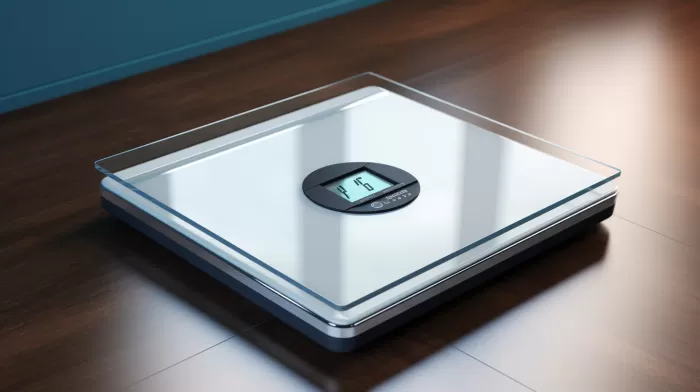Are you frustrated by trying to lose weight and finding the most effective diet plan for you? Well, you’re not alone. Many people find it confusing to navigate through a sea of diet options, from cutting sugar to limiting fat or carbohydrate consumption. Did you know that low-carb diets have been proven to be more effective in trimming pounds and improving overall health than their low-fat counterparts? Let’s dive into the details and unravel the low-carb versus low-fat diet dilemma.
Low-Carb Outperforms Low-Fat
Researchers from Johns Hopkins University School of Medicine conducted a comparative study between low-carb and low-fat diets for people trying to lose weight. They found that obese individuals who lost belly fat improved their blood vessel function, regardless of whether they were sticking to a low-fat or low-carb diet plan. The more belly fat the study participants lost, the greater the improvement in their blood vessel function. However, it’s important to note that people following a low-carb weight-loss plan lost an average of 10 pounds more than those sticking to a low-fat diet.
This finding comes as great news, as lead researcher Kerry J. Stewart, Ed.D., points out: “This is important since there have been concerns that a low-carb diet, which means eating more fat, may have a harmful effect on cardiovascular health. These results showed no harmful effects from the low-carb diet.”
How Do Low-Carb Diets Benefit Your Body?
Low-carb diets focus on limiting carbohydrate consumption and replacing them with foods that are rich in protein and fat. When you cut down on carbs, your body starts to burn fat instead, which helps you lose weight more quickly. Here are a few of the key benefits associated with low-carb diets:
- Reduced Appetite: One of the best aspects of a low-carb diet is that it usually leads to reduced hunger levels, making it much easier for you to stick to your weight-loss plan.
-
Weight Loss: As already mentioned, low-carb diets have been proven to help you lose weight more efficiently. This is primarily due to your body being in a state of ketosis, which means it’s burning stored fat for fuel.
-
Lower Blood Sugar and Insulin Levels: Reducing your carb intake dramatically lowers both blood sugar and insulin levels. This can be especially helpful for people with diabetes or insulin resistance.
-
Improved Heart Health: Research suggests that low-carb diets may lead to improvements in heart health markers such as cholesterol levels and blood pressure.
-
Reduced Inflammation: Low-carb diets have been linked to reduced inflammation in the body, which may help decrease your risk for various chronic diseases.
Low-Carb Diet Plans
There are several well-known low-carb diet plans available, each with its unique approach and guidelines. Some popular options include the Atkins Diet, the South Beach Diet, and the ketogenic (keto) diet. It’s essential to choose a plan that suits your lifestyle and dietary preferences to ensure long-lasting results.
Making Low-Carb Work for You
It’s essential to listen to your body and make adjustments to your diet plan based on your individual needs. Here are some of the ways you can make low-carb count for you:
- Create A Balanced Plate: Make sure your meals include a source of protein, healthy fats, and low-carb vegetables, which will keep you feeling satiated and limit carbohydrate consumption.
-
Drink Plenty of Water: Staying hydrated is crucial for weight loss and overall health, especially when you’re on a low-carb diet.
-
Snack Smart: Choose low-carb snacks to keep your energy levels up throughout the day, such as nuts, seeds, cheese, or Greek yogurt.
-
Exercise Regularly: Incorporating regular physical activity into your routine will help you see even better results with your low-carb diet.
-
Watch Out for Hidden Carbs: Be aware of sneaky carbs in processed foods and condiments and opt for whole, unprocessed foods whenever possible.
-
Don’t Overdo It with the Protein: Aim for a moderate, rather than a high, protein intake, as too much protein can be converted into glucose and kick you out of ketosis.
Now that you know more about the benefits of low-carb diets and their superiority over low-fat diets for weight loss, why not give it a try? Remember, the most effective diet is one that you can maintain while enjoying your meals and feeling energized throughout the day. So, get started on your low-carb journey today and watch those extra pounds melt away!



